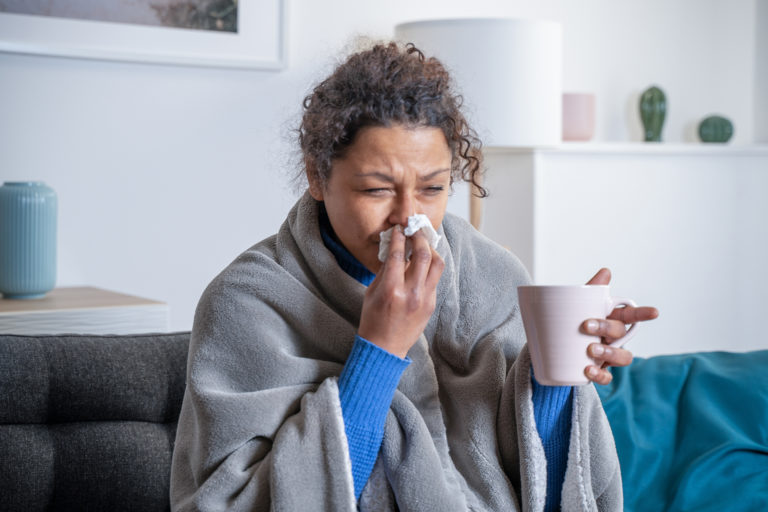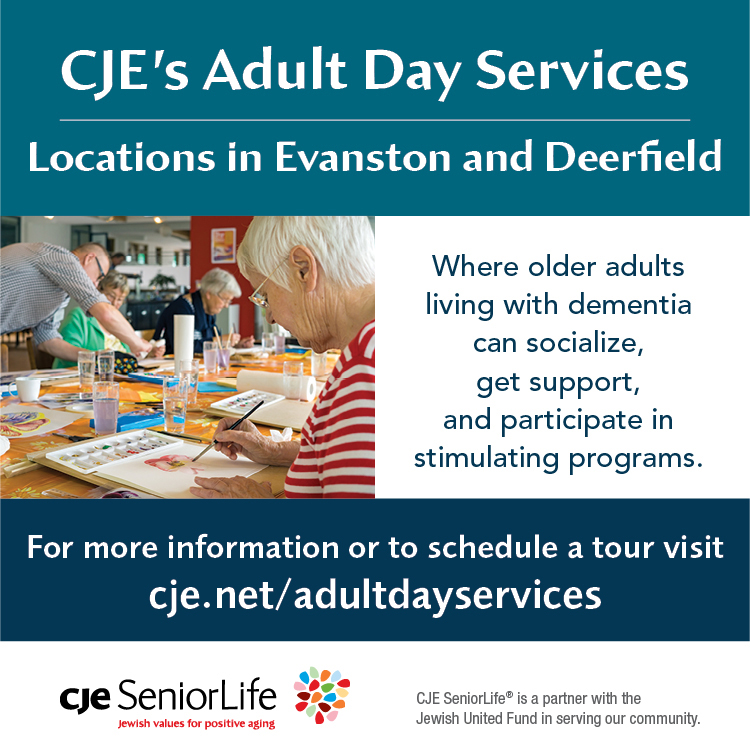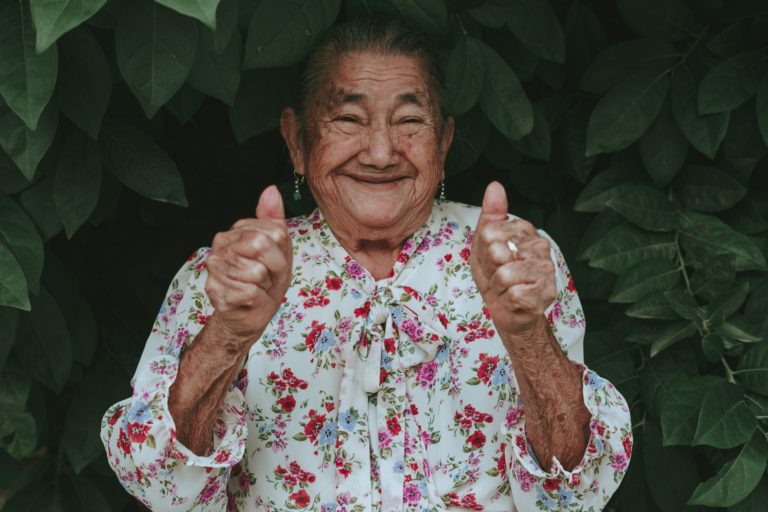
Melissa Ramsdell is a nurse and professional freelancer specializing in health writing. She has a BSN and a master’s in journalism.
Covid-19 gets the headlines, but RSV can cause problems for older adults, too
Older adults have plenty to worry about with Covid-19. Even those who are fully vaccinated remain at some risk for severe symptoms. But now they can add another worrisome virus to their list: respiratory syncytial virus (RSV).
A common virus, RSV is one of the viruses that can cause croup in children. But RSV can cause issues for older adults too, with 177,000 hospitalizations and 14,000 deaths in people 65 and older in the U.S. every year, according to the Centers for Disease Control and Prevention.
“We see older adults hospitalized with RSV, particularly patients who have asthma, COPD, or heart failure,” says Christie Brillante, MD, an intensive care unit physician at UI Health, the University of Illinois Chicago’s health system. It can also be dangerous for older adults with compromised immune systems.
But diagnosing RSV is tricky because many of the symptoms are similar to Covid-19. Mild RSV symptoms include a low fever, headache, congestion, and runny nose. More severe symptoms include wheezing, difficulty breathing, and coughing. Sound familiar?
RSV symptoms are usually milder than Covid-19, Brillante says. It is more likely to be another virus, possibly Covid-19, if you experience a loss of taste or smell, flulike fatigue with body aches, fever, severe cough, diarrhea, or nausea.
However, the Covid-19 omicron variant also causes mild, cold-like symptoms in vaccinated people, which creates ambiguity. If you notice any cold-like symptoms, take a Covid-19 test as soon as you can to make sure you don’t have Covid-19.
A doctor can diagnose RSV with a nasal swab test — similar to the Covid-19 tests we are now all-too familiar with — that looks for antigens associated with the virus. Tests for Covid-19, however, do not detect RSV.
What’s so bad about RSV in older adults?
Older adults are at greater risk of complications of RSV because their immune systems are less protective as they age.
“RSV can cause significant problems for our older adults. It can be deadly,” says Amish Desai, MD, an internist with Oak Street Health, a national network of clinics that specializes in treating Medicare patients.
“For people with asthma, COPD, or other underlying conditions,” he says, “it can cause a hyper-reactive airway,” which is when the bronchial tubes leading to the lungs swell and cause breathing problems. Another serious complication is viral pneumonia.
Usually, symptoms last less than a week, but Desai urges family members to keep a close eye on older adults with the condition.
“We want to make sure our seniors are well taken care of,” he says. “We need to reach out to make sure they get better and don’t get worse.”
Fortunately, in most cases, people can recover from RSV at home. They may benefit from a cool-mist humidifier, acetaminophen (Tylenol), decongestants, and possibly steroid inhalers.
Take precautions to prevent infection
RSV spreads easily. Typically, it flourishes from fall through spring.
When infected people cough or sneeze, the virus can spread through droplets from their nose and throat. RSV can remain on hard surfaces, such as doorknobs or counters, for several hours, but it survives on soft surfaces, such as hands or tissues, for a shorter amount of time.
You may become infected if you get virus droplets in your eyes, nose, or mouth or if you touch a surface that has the virus and then touch your face or eyes before you wash your hands.
RSV is highly contagious, so caregivers must vigilantly wash their hands to avoid infection. “If they get it, they won’t be able to support their loved one,” Desai says. It’s also important to regularly clean high-touch surfaces such as doorknobs, counters, and bathroom vanities.
Because RSV spreads in young children too, older adults may consider limiting their exposure to grandchildren if they have cold-like symptoms. “It can be more dangerous to be around small children,” Brillante says. “Kids are not going to be as conscientious about hand hygiene.”
There is no vaccine for RSV, but large pharma companies, including Moderna, are getting close. Several clinical trials are underway for both adults and children.
Until then, caregivers and physicians must closely work together when an older patient has RSV. “We want to keep people out of trouble,” Desai says.








